India set to extend strict nationwide lockdown over COVID-19: State minister
Indian Prime Minister Narendra Modi has decided to extend a strict nationwide lockdown imposed last month to curb further spread of the COVID-19 disease, a state minister says, as the second most populous country in the world is challenged by record-breaking unemployment levels.
On Saturday, Delhi Chief Minister Arvind Kejriwal announced the news a few hours after Modi held a video conference with state ministers on the issue, during which many ministers urged the prime minister to prolong the preventive measure.
“PM has taken (a) correct decision to extend (the) lockdown. Today, India’s position is better than many developed countries because we started lockdown early. If it is stopped now, all gains would be lost,” Kejriwal further said on Twitter, without giving a time frame.
PM has taken correct decision to extend lockdown. Today, India’s position is better than many developed countries because we started lockdown early. If it is stopped now, all gains would be lost. To consolidate, it is imp to extend it
— Arvind Kejriwal (@ArvindKejriwal) April 11, 2020
Modi’s government had earlier said that it was still considering states’ requests and that they mostly wanted a two-week extension to the three-week lockdown, due to end on Tuesday, as there are growing concerns about how the lockdowns are affecting the poor and the economy.
The COVID-19 disease, caused by the new coronavirus, was transmitted from wildlife to people in the Chinese city of Wuhan late last year. The disease has affected 210 countries and territories across the globe. It has so far infected more than 1,735,670 people and killed over 106,550.
The World Health Organization (WHO) has declared the outbreak a global pandemic.
Official figures by India’s health ministry shows that as of Saturday, 8,063 people have tested positive for COVID-19 and 249 others has died so far.
The spread of COVID-19 does not follow a same pattern in India with some states seeing bigger hikes in cases despite the lockdown, like the western state of Maharashtra, which is so far the worst hit. This is while millions of migrant workers have been left jobless with the poorest suffering the most.
On March 24, India shut its $2.9 trillion economy, closing all of its non-essential businesses and issuing stern stay-at-home orders to over a billion people, suspending air, road and rail transport systems.
India’s 1.3 billion inhabitants are prevented from leaving their homes and almost all public gatherings are prohibited.
As testing for the disease has increased, the true picture is emerging. COVID-19 is beginning to spread through densely-populated areas, where social distancing is simply not feasible, and fresh clusters of infection are being reported on a daily basis.
Removing the lockdown could easily risk triggering a new wave of infections.
Later on Saturday, the federal government said the prime minister had stressed in the meeting that the coming weeks were critical to determine the impact of the measures taken until now to curb the new coronavirus.
‘All wars have rules. All of those rules have been broken’ by Israel
VIDEO | Report flags India’s violation of rights of Rohingya detainees
Turkey's foreign minister meets Syria's de facto leader in Damascus
'Next to impossible' to rescue patients from Gaza's Kamal Adwan Hospital: Director
VIDEO | Vietnam current prosperity
Report blames gasoil exports for shortage at Iranian power plants
VIDEO | Hind Rajab Foundation names Israeli war criminals vacationing after Gaza genocide
VIDEO | Australians rally for Gaza ahead of Christmas festivities





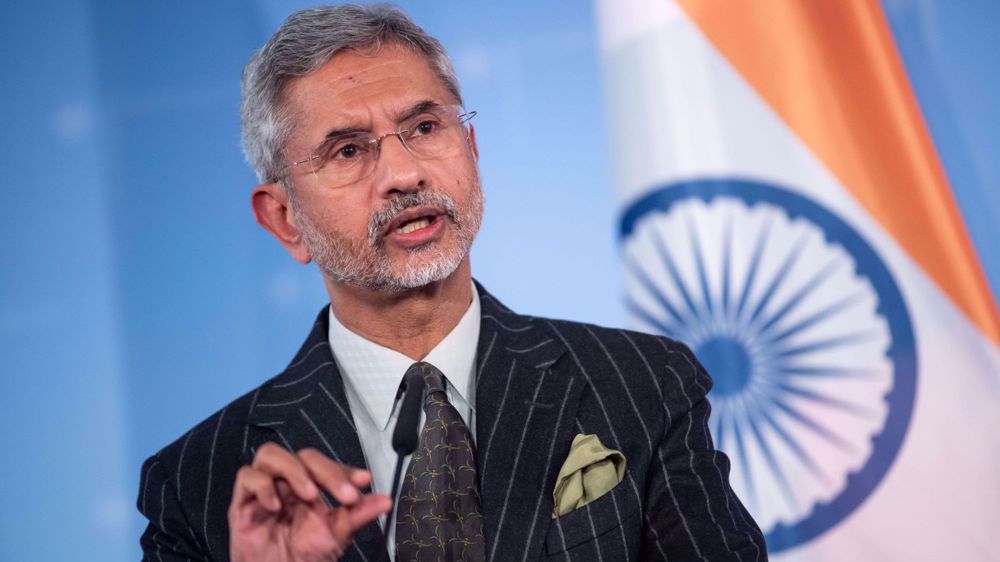
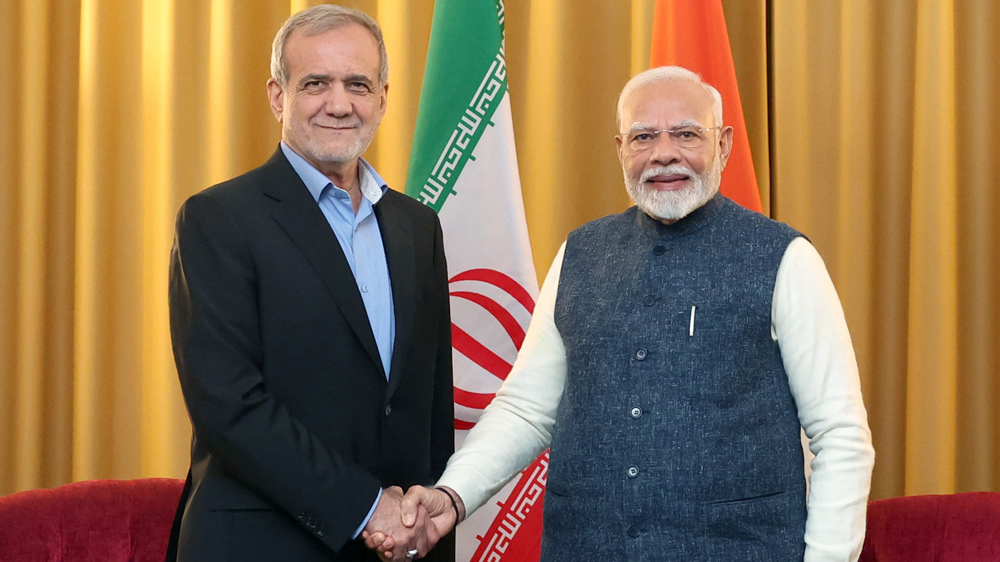




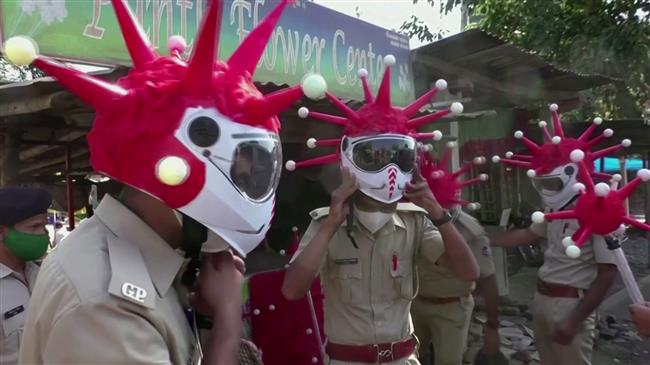

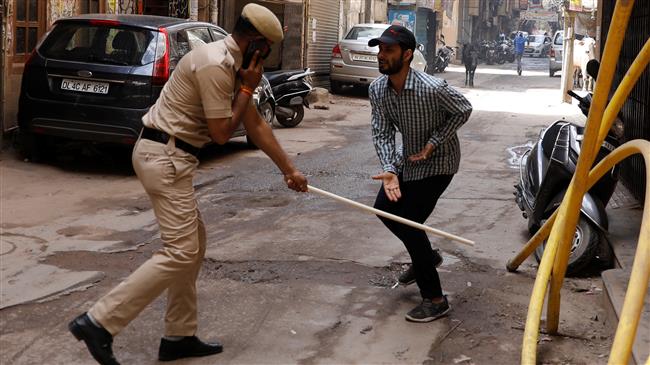
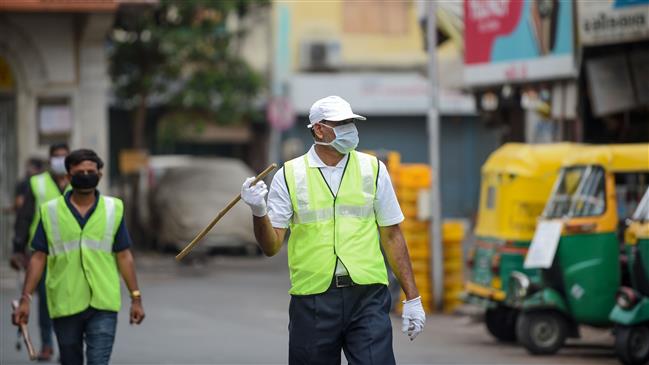

 This makes it easy to access the Press TV website
This makes it easy to access the Press TV website